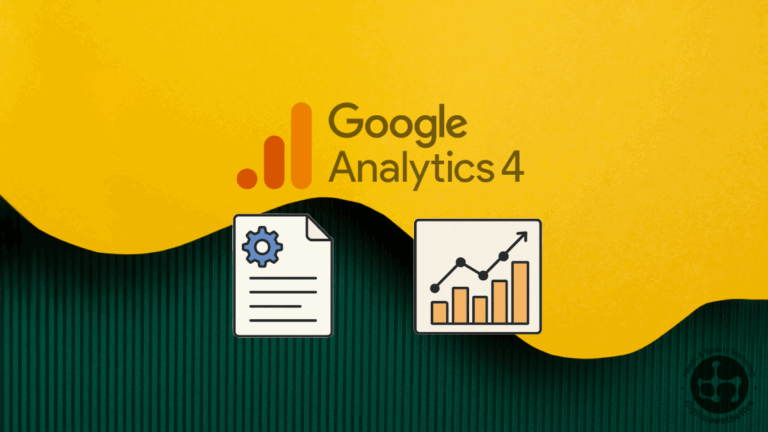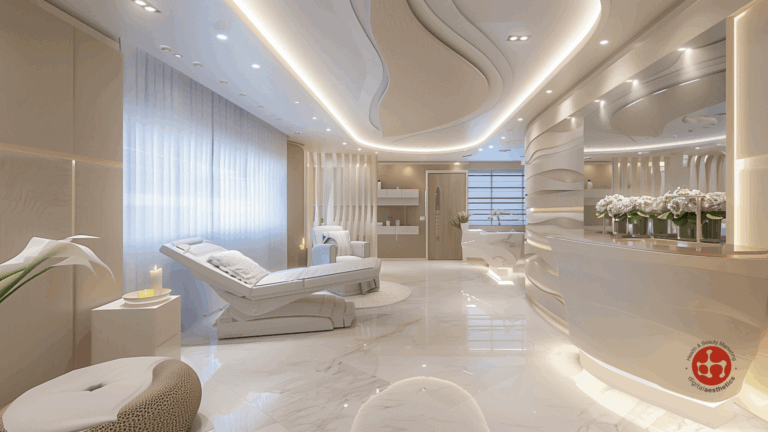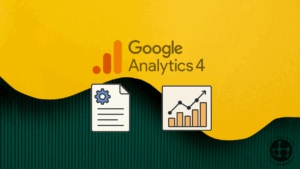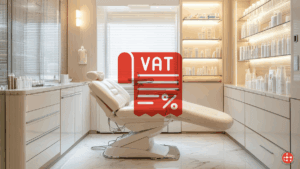Conversational marketing is a strategy that focuses on real-time, one-to-one connections between businesses and their customers through various digital channels like chatbots, messaging apps, and live chat. This approach leverages AI and automation to instantly engage users, answer inquiries, and provide personalised experiences, thereby fostering deeper customer relationships and improving satisfaction.
By enabling immediate, interactive communication, conversational marketing helps businesses efficiently meet customer needs, enhance engagement, and drive higher conversion rates while also collecting valuable insights and feedback to optimise marketing efforts.
Conversational marketing can significantly enhance aesthetic and dental clinics’ engagement with their patients. Here’s a comprehensive rundown on how this approach can be effectively integrated into such practices:
1. Real-time Communication
Chatbots and Live Chat: Clinics can implement AI-driven chatbots on their websites and social media platforms to handle initial inquiries, schedule appointments, and provide information on services. For example, a chatbot can instantly answer common questions about teeth whitening or cosmetic procedures, saving time for the clinic staff and potential patients.
The benefits of such systems are numerous. Chatbots offer immediate responses to patient inquiries, ensuring no lead is lost outside business hours due to their 24/7 availability. Additionally, they efficiently handle appointment scheduling and reminders, streamlining the entire process.
2. Personalisation
Tailored Interactions: Using patient data, clinics can personalise interactions to improve patient experience. For instance, a returning patient might receive a personalised greeting and reminders of previous consultations or treatments. This can be facilitated through CRM integration with the conversational tools.
This approach offers several benefits. Personalised care enhances patient satisfaction, increasing the likelihood of patient retention and loyalty. It also allows for a better understanding of patient history and needs, enabling clinics to provide more tailored and effective treatments.
3. Multi-channel Presence
Integration Across Platforms: Clinics should utilise conversational tools across multiple channels such as their website, Facebook Messenger, WhatsApp, and even SMS. This ensures patients can reach out through their preferred communication medium.
A multi-channel presence offers broader reach and accessibility, ensuring patients can always find a convenient way to contact the clinic. It also provides a consistent and seamless patient experience across all touchpoints, increasing engagement rates as patients use their preferred platforms.
4. Feedback and Insights
Gathering Patient Feedback: Conversational tools can be used to collect patient feedback after appointments or treatments. Chatbots can automate follow-ups and ask patients about their experience and areas for improvement.
The benefits of gathering such feedback are significant. Clinics gain valuable insights into patient satisfaction and service quality, enabling data-driven decisions for improving services. Moreover, actively listening and responding to patient feedback enhances the clinic’s reputation, demonstrating a commitment to continuous improvement and patient care.
Practical Applications and Benefits
- Appointment Scheduling and Reminders: Chatbots can handle appointment bookings, send automated reminders, and even allow patients to reschedule or cancel appointments through a chat interface.
- Treatment Information and FAQs: Patients often have numerous questions about procedures, recovery times, costs, and more. A well-designed chatbot can provide accurate and consistent information, easing the burden on clinic staff.
- Post-Treatment Care: After a procedure, follow-up care is crucial. Chatbots can send reminders about medication, care instructions, and follow-up visits, ensuring patients adhere to their treatment plans.
- Marketing Campaigns: Personalised marketing messages can be sent through chat interfaces, promoting new services, special offers, or health tips tailored to patients’ needs and preferences.
Real-world Example
For example, Dr. Smile, a leading provider of aesthetic dental treatments in Europe, employs conversational marketing through its website and social media. It uses chatbots to guide potential patients through treatment options, provide instant cost estimates, and schedule appointments, all while collecting data to refine its marketing strategies.
Powerful Tools
Conversational marketing offers aesthetic and dental clinics a powerful tool to enhance patient interaction, streamline operations, and provide personalised care. By integrating real-time communication, personalisation, multi-channel presence, and feedback collection, clinics can significantly improve patient satisfaction and operational efficiency. This modern approach not only meets patients’ evolving expectations but also positions clinics as innovative and patient-centric.










